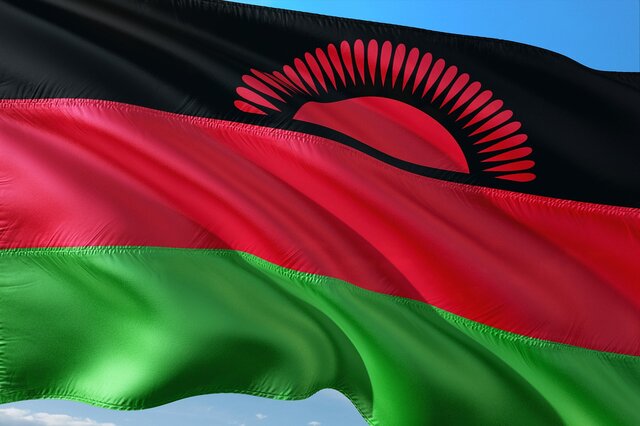Lilongwe – Malawi’s election is the third bout of a battle for power between two presidents, incumbent Lazarus Chakwera and his predecessor, Peter Mutharika.
First-time candidate and former Reserve Bank governor Dalitso Kabambe could become a deciding factor in the September 16 ballot should the race move to a second round, as is widely expected.
Here are short profiles of the three:
Chakwera, second chance?
A charismatic former evangelical preacher who says he was called by God to govern his country, Chakwera’s first term has been overshadowed by climate-linked disasters and economic crisis.
The leader of the country’s oldest party, the Malawi Congress Party (MCP), he strode past Mutharika to first take office in 2020 with nearly 59 percent of ballots.
The vote was a rerun after the nullification of the 2019 “Tippex Election” in which courts upheld opposition claims that correction fluid was used to alter vote tallies. Mutharika had been narrowly ahead in the first take.
Chakwera lost his first duel against Mutharika in 2014, afterwards taking a seat in parliament as leader of the opposition.
With a Southern American twang, the 70-year-old has degrees in philosophy and theology, and studied in Malawi, South Africa and the United States.
Described as a warm consensus builder, Chakwera is a strong orator with an inclusive leadership style. He was born in a village with no electricity or running water, to a subsistence farmer, whose two elder sons died in infancy.
His campaign has called for continuity to “finish what we started”, urging voters not to “Stop the Progress” of his first term, during which several road, school and hospital construction projects were undertaken.
Mutharika, a comeback?
The reserved 85-year-old leader of the Democratic Progressive Party (DPP) is a former Washington law professor, who was first voted in as president in 2014.
With law degrees from the University of London and Yale, Mutharika worked as a constitutional law expert at Washington University, returning to Malawi in the early 1990s to help draft its first democratic constitution.
Following another stint in the United States, he came back in 2004 when his brother, Bingu wa Mutharika, was elected president, and became his right-hand man. He was elected to parliament in 2009 and went on to head several ministries.
After Bingu died in office from a heart attack in 2012, Peter was accused of attempting to conceal his death for two days in an alleged bid to secure the job for himself and prevent the vice president from taking over.
He narrowly won his first stint in power in 2014 with just over 36 percent of votes and the term was dominated by food shortages, corruption scandals and ballooning national debt.
Running on a platform of a “return to proven leadership”, Mutharika — known among supporters affectionately as “Adadi” (father) — has promised to revive the struggling economy, including by challenging mismanagement.
Kabambe, a kingmaker?
Dalitso Kabambe, 51, headed the Reserve Bank of Malawi from 2017 to 2020, afterwards starting out in politics in the DPP and later defecting to the United Transformation Movement.
With a calm and professional demeanour, Kabambe holds a PhD in development economics from the University of London and has spent more than two decades in government economic branches.
He presents himself as a technocratic outsider capable of transforming the economy, including by decentralising governance, establishing state-run development corporations, and expanding agriculture and manufacturing.
Trailing a distant third in the latest opinion poll, Kabambe has credibility among policymakers but allegations of graft and money laundering from his time as governor have marred his public image.
Follow African Insider on Facebook, X and Instagram
Picture: Pixabay
For more African news, visit Africaninsider.com
Source: AFP


